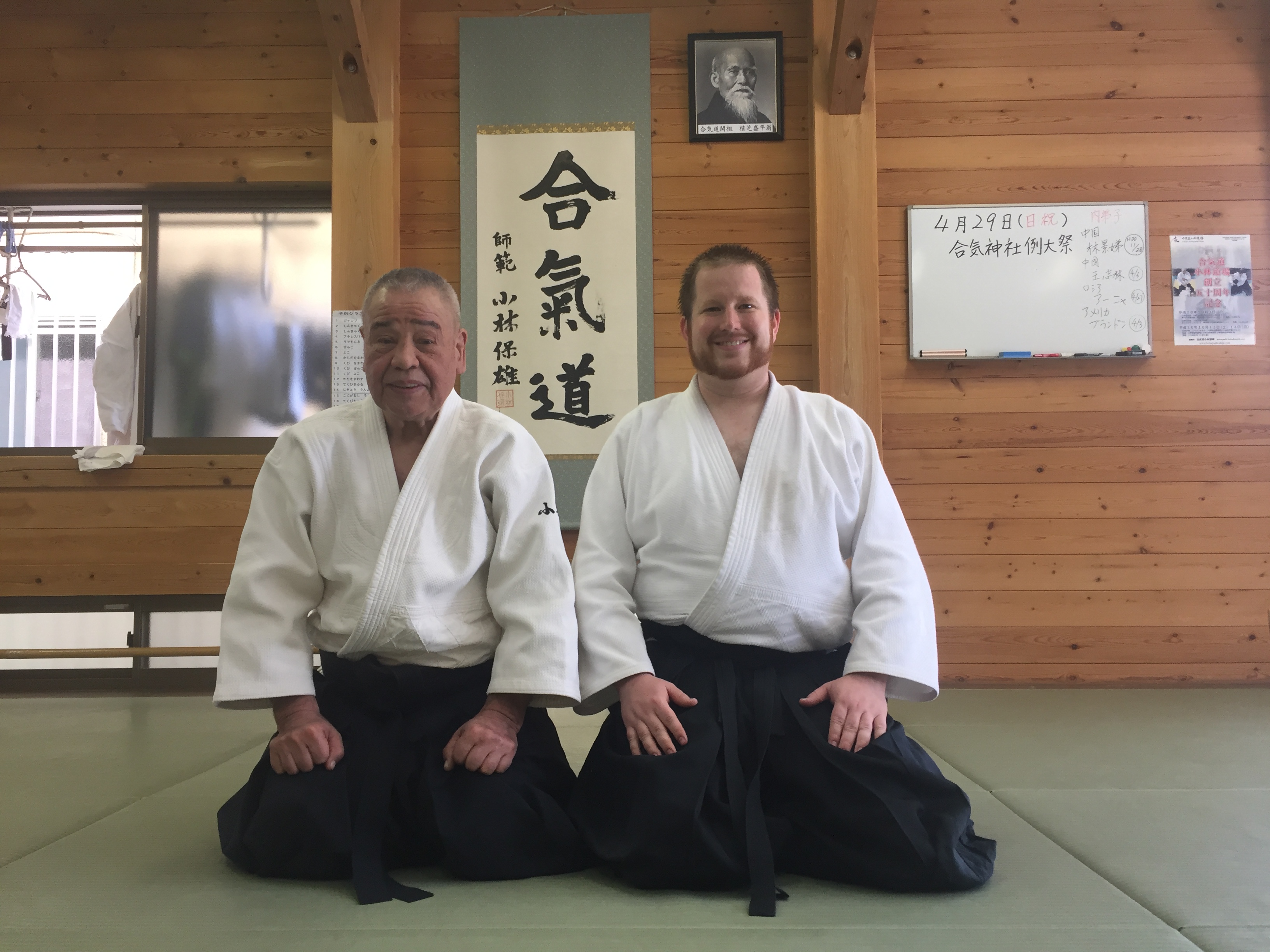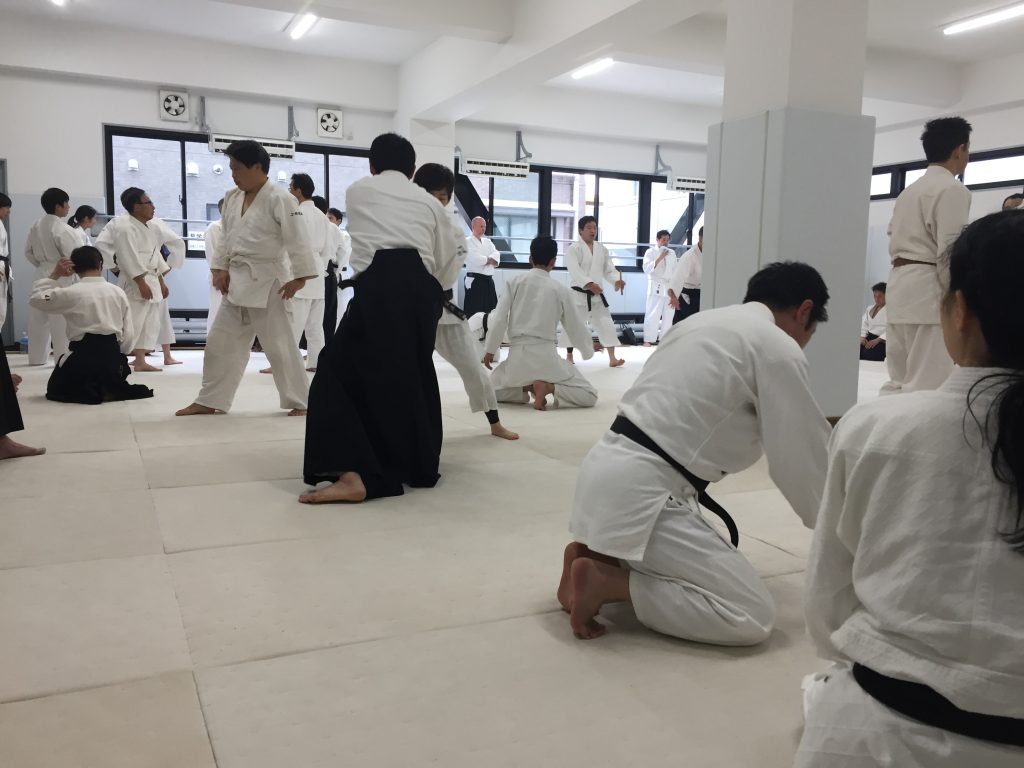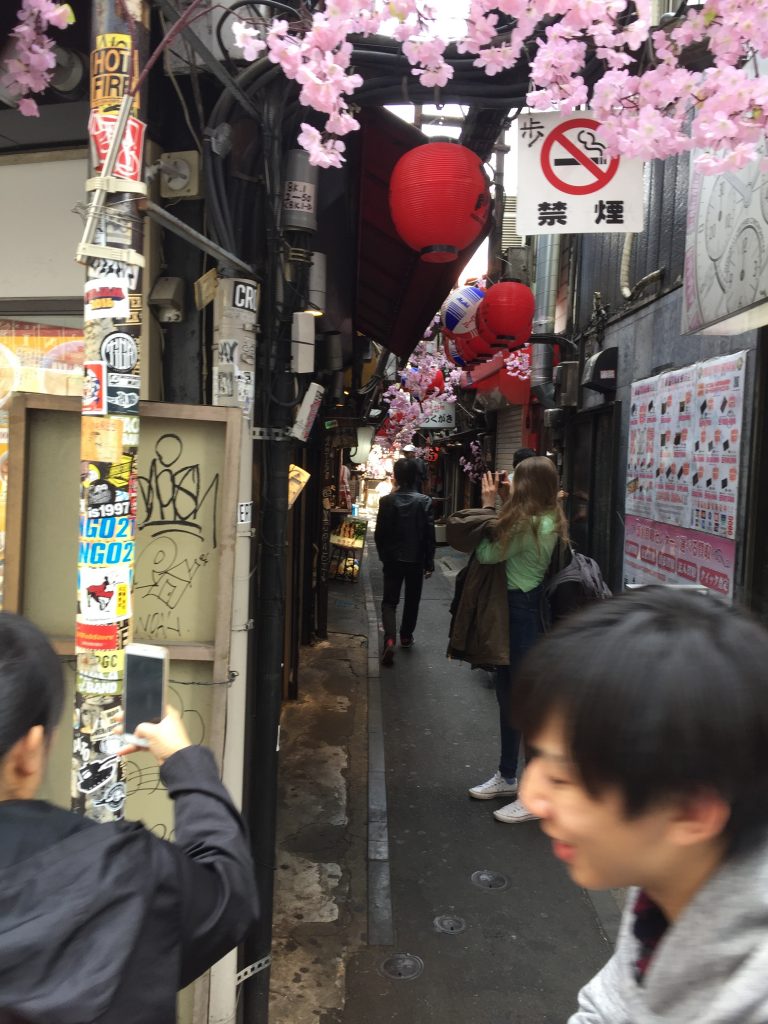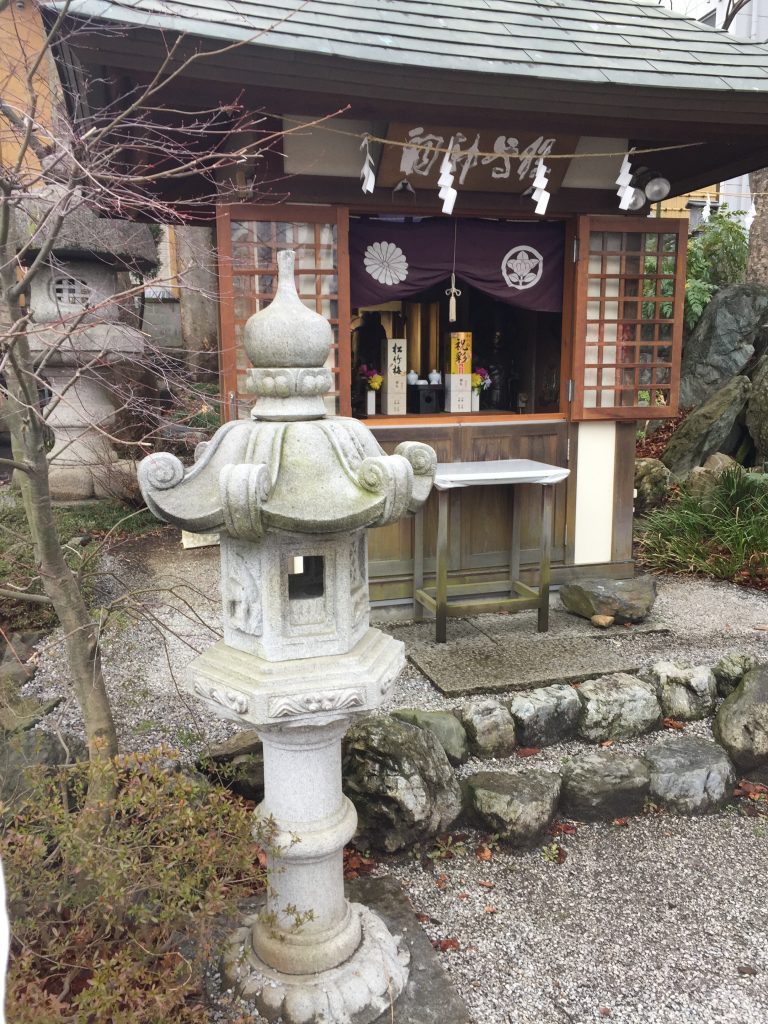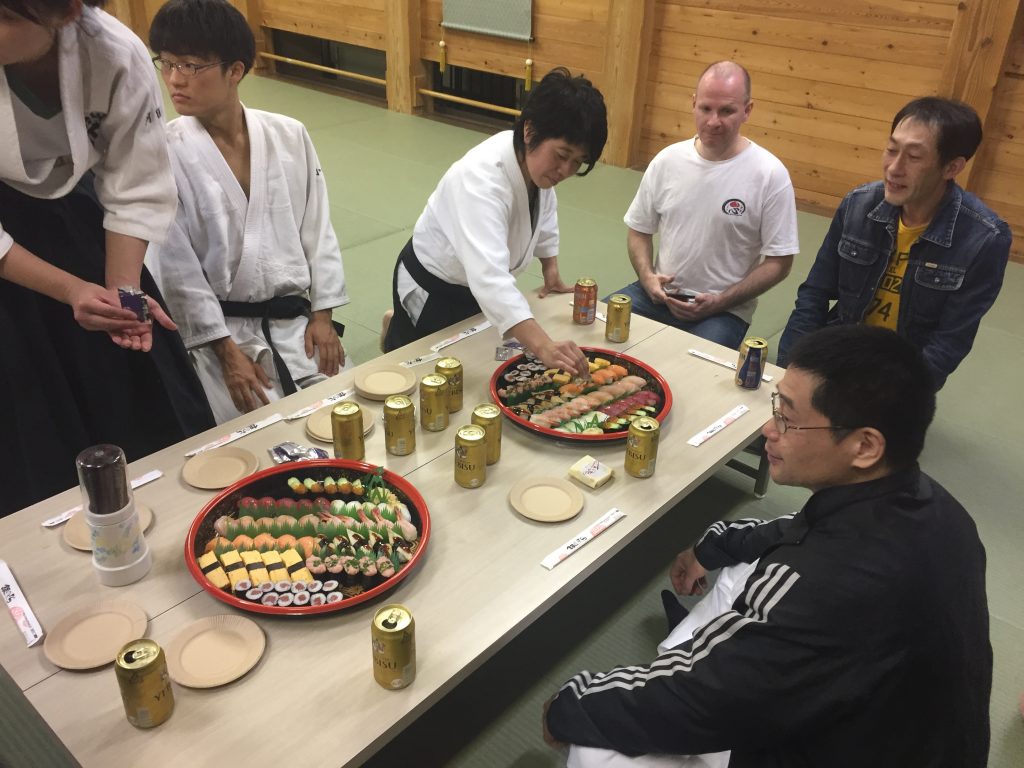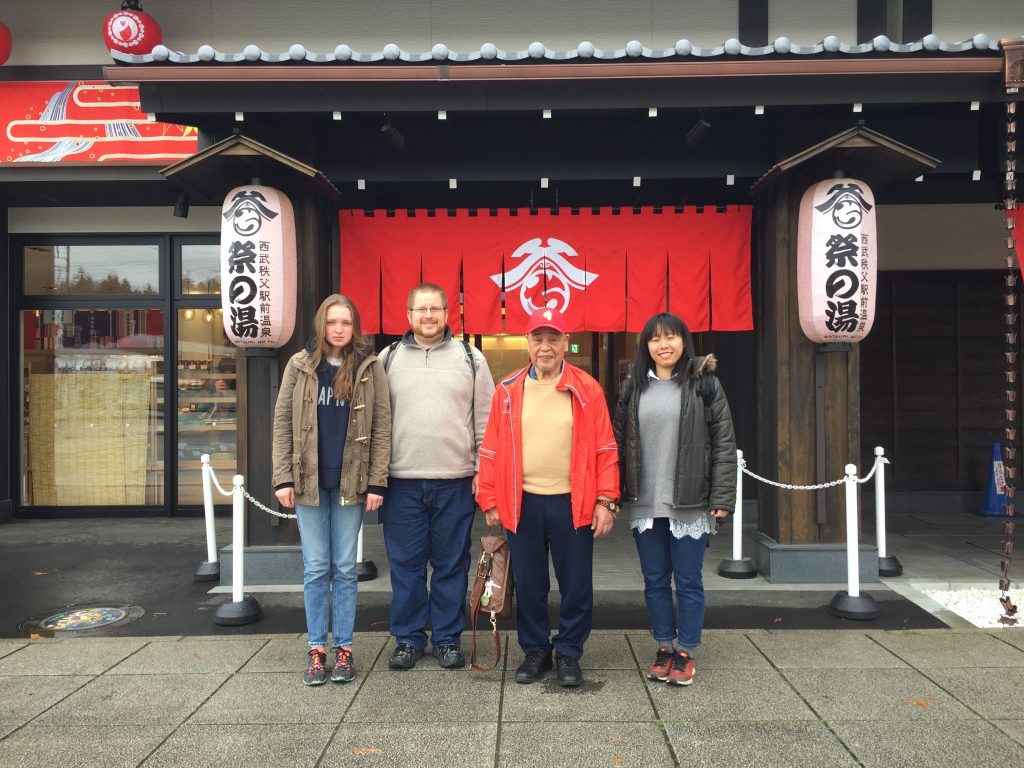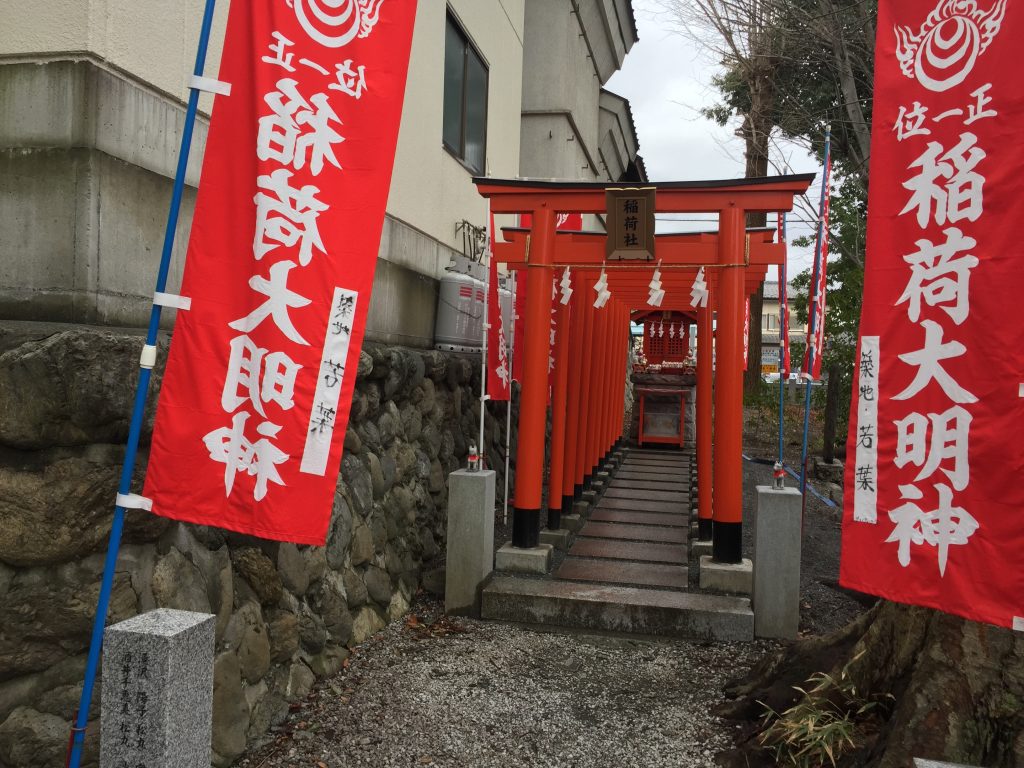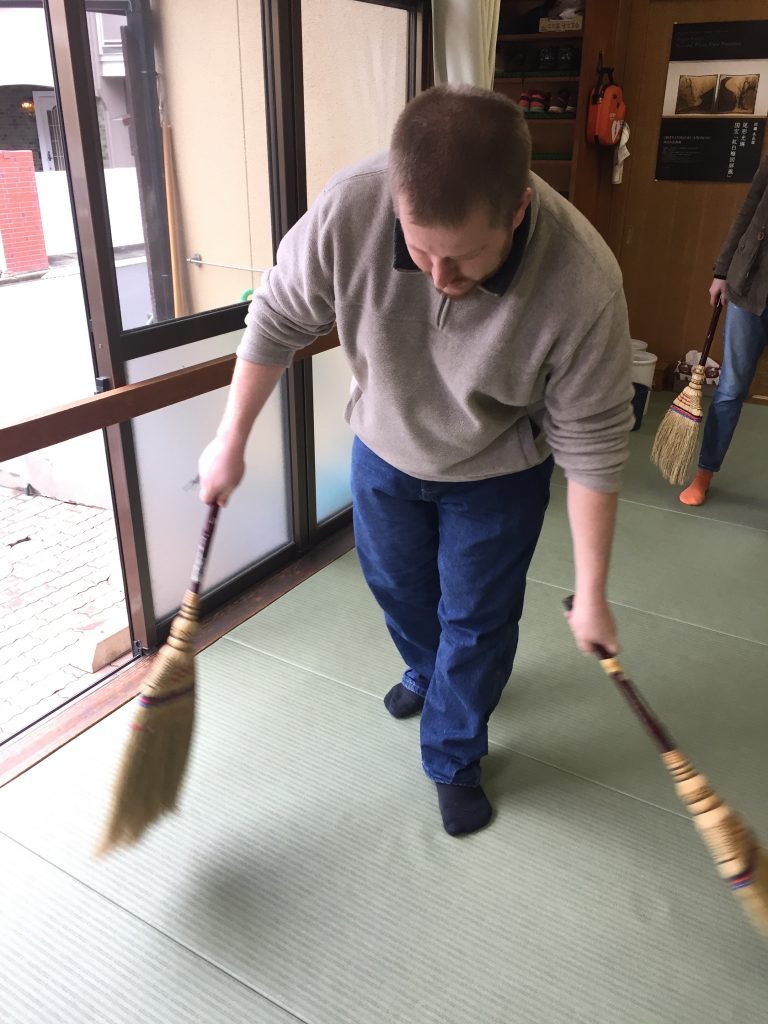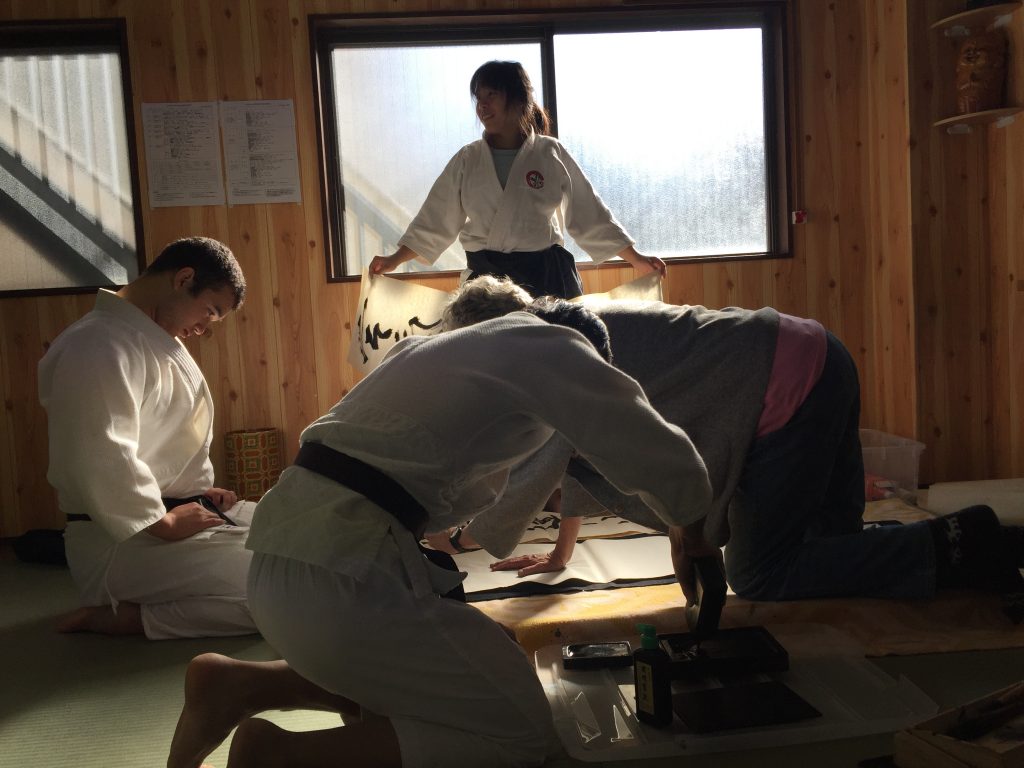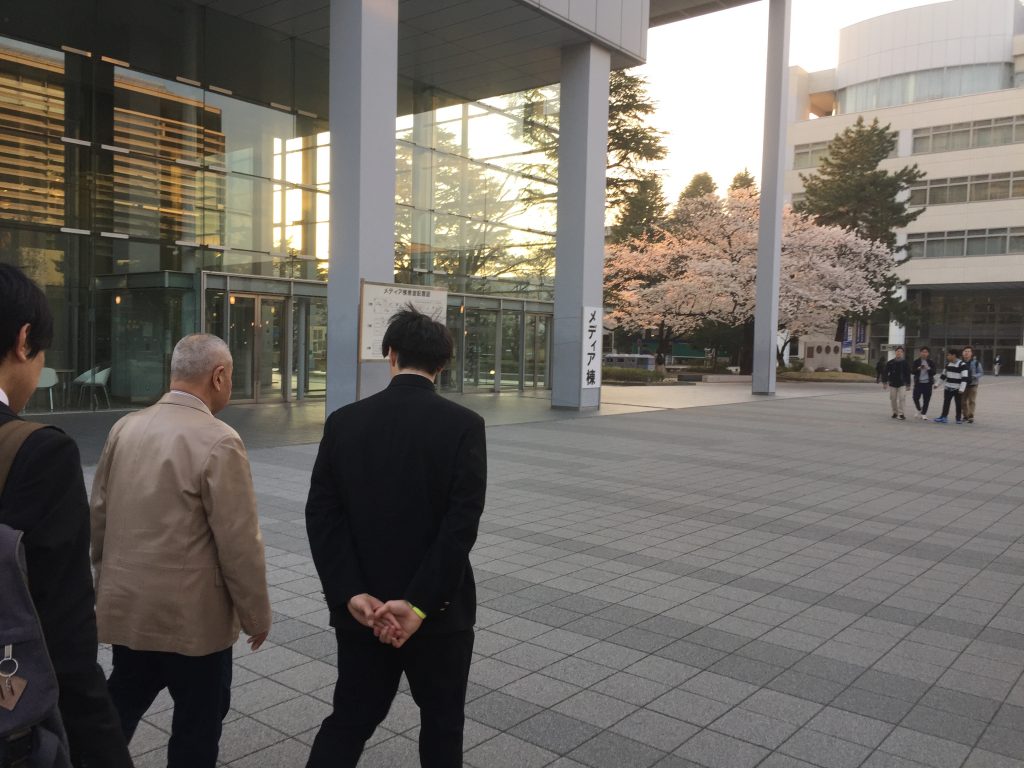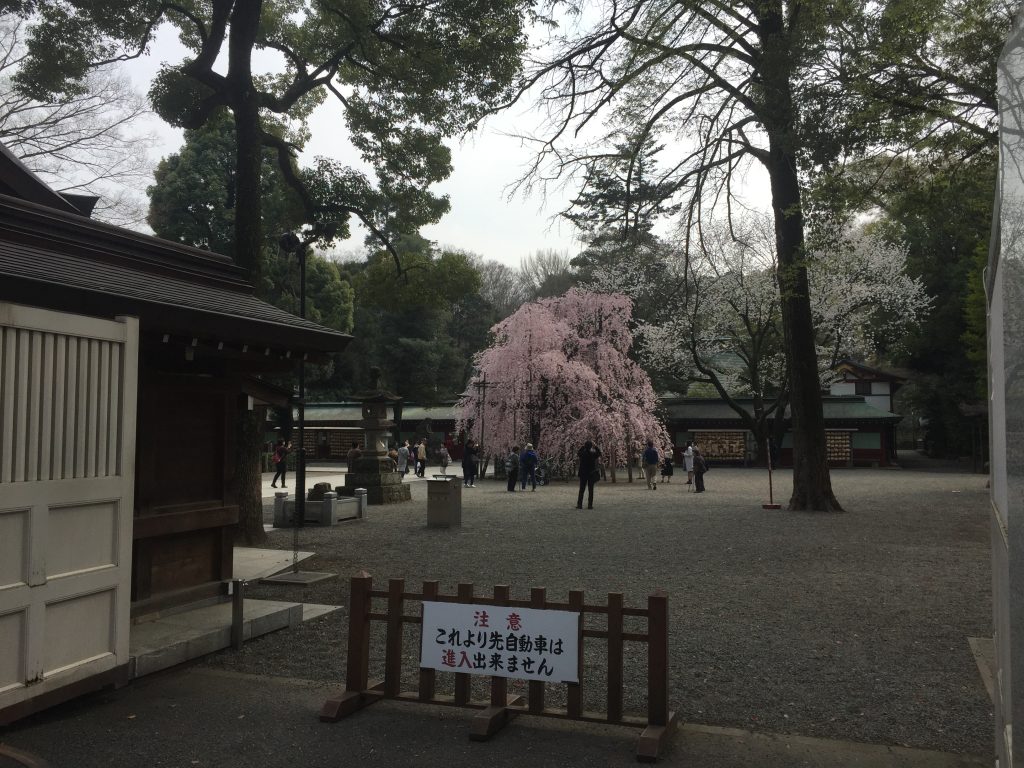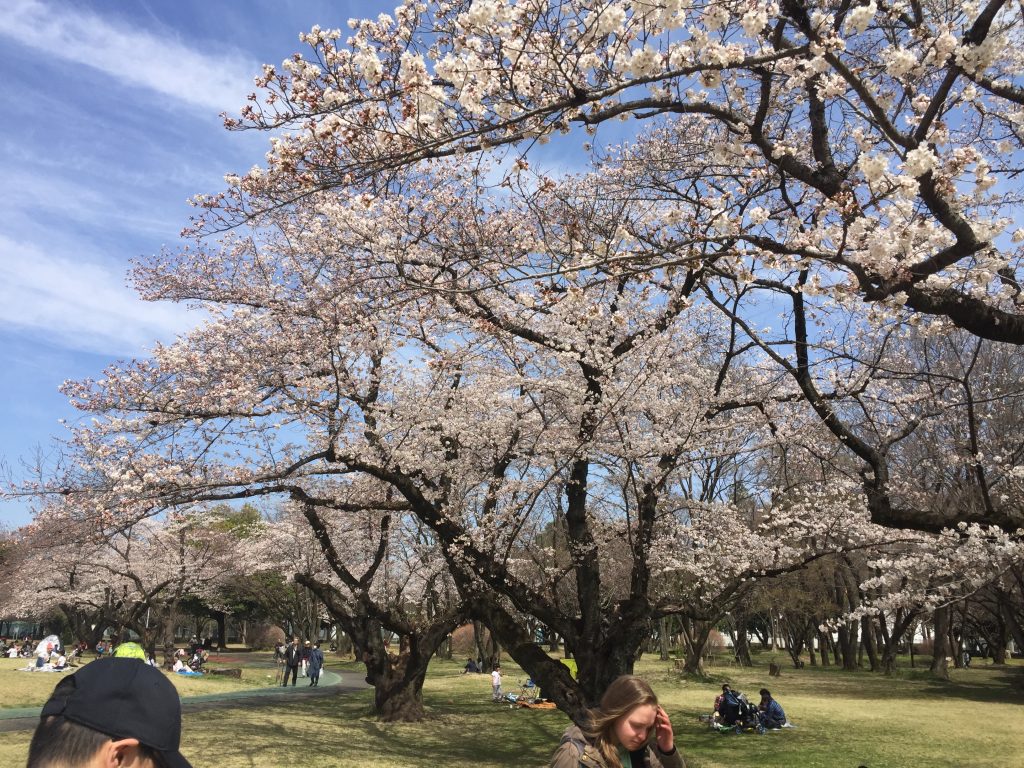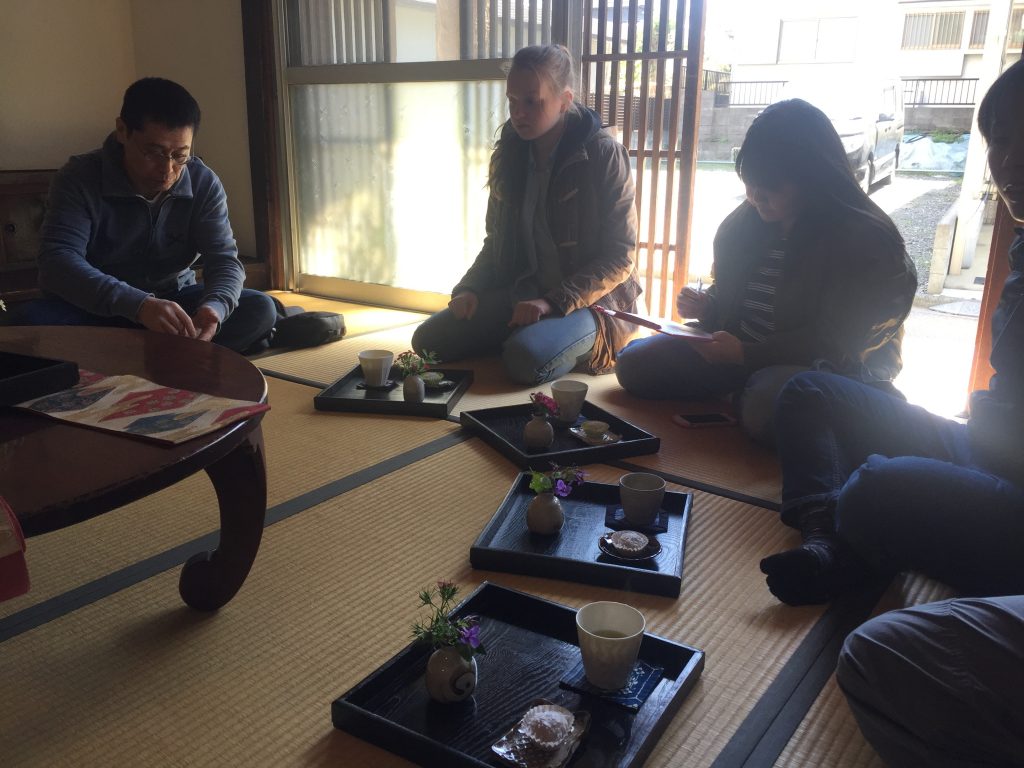
By CRISTINA JANNEY
Hays Post
A Hays Aikido instructor recently spent more than a month of grueling 15-hour days in Japan studying with a martial arts master.
Brandon Nimz, second-degree black belt, said he gained a new perspective of his martial art, the Japanese culture and life.
Nimz started practicing aikido about 13 years ago when he was a student at Fort Hays State University. Since, he has trained for several thousand hours.
When Nimz visited his first aikido class, he almost didn’t go back. The students were practicing advanced break falls, and he thought he would never be able to do that. However, he was drawn to the aikido’s philosophy.
The philosophy of aikido is fundamentally different from other martial arts in that it is not competitive and it does not seek to have you force your will on others. It seeks to protect the person attacking you and yourself, Nimz said.
“It may seem strange, but it is based on the philosophy that everyone including the one attacking you has value and should be protected,” he said.
“It is harder to do effectively and well,” he said. “It is very easy in a self-defense situation to poke someone’s eyeball with your thumb, to kick them in the groin, to punch their throat and do very horrible things to a human, but it does not take a lot of skill or training. It just takes resolve. To try to neutralize someone who is trying to do harm to you without permanently injuring them or you is very hard.”
Nimz said the philosophy is in tune with his own Christian beliefs. In addition to Aikido of Northwest Kansas, he also runs the Gamers Guild and a nonprofit pantry located between the two.
Nimz said his trip to Japan, which was Feb. 28 to April 4, helped him gain additional perspective on aikido. Many different groups from different cultures train with Nimz’s instructor in Japan, Yasuo Kobayashi Sensei. They respect him and work well with him. Nimz said he thinks that is because Kobayashi Sensei is humble and genuine.
Kobayashi Sensei, 81, is one of the older instructors who studied under aikido’s founder.
“He is like a ornery Japanese grandpa, who goes out and is joyful all of the time. He is just sincere. When you are training with him, you feel you are training with him and not training under him,” Nimz said. “He is old enough and has enough respect he could lord it over people, but he does not in any way. He just does his aikido, and you get to do it with him, which makes people inherently want to respect him, want to help him and care for him because he is so sincere and loving.”
Other instructors in Japan and America are not like this, Nimz said.
“They demand respect due to the structure. It is a very traditional society with traditional hierarchy, and they have the right within the society to do so. They force obediencey or they force respect on people, which makes people resent them in their hearts. They will still do the form, but their hearts are far away, and many of them eventually leave the groups they are in or that instructor.”
Nimz said he prefers to operate his school as Kobayashi Sensei does.
“It is good that can still exist in a very hierarchical structure—that you can still be humble in yourself. If people like what you are doing, great. If they don’t, that’s fine. You don’t have to demand respect,” Nimz said. “Eventually through sincerity, you can natively create respect, which is more how we run our school here. I was happy to see that is also done over there.”
Nimz’s current instructor, Toyoda Sensei, completed a residential study program in Japan under Kobayashi Sensei. Nimz’s instructor helped him apply for the program. Only a handful of students are accepted each year.
The program is intensive, usually going from before dawn until after dusk. Nimz, 32, said the program almost broke his body.
During his time in Japan, he lived in a dojo. Four days a week, he and the other students woke up at 4:30 in the morning. The students began cleaning as soon as the woke up and had their first class at 6:30 a.m. Throughout the day, they had a combination of cleaning duties and classes.
These would conclude about 9:30 p.m. followed by final tea, final clean up, supper and then sleep at 11:30 p.m. or 12:30 a.m.
All the cleaning is part of the work-centric nature of the program and the culture. Cleaning included sweeping the streets with wicker brooms, including leaves and flower petals.
“… which leaves everything looking like a picturesque garden,” Nimz said, “but it is both positive and negative because some people really like it and it is beautiful, but it also makes you do things that many of us would consider unimportant as though they are very important.
“That is part of the program — to establish that every minute of your day should be mindful or intentional.”
When you are studying at a dojo in Japan, you go wherever your instructor goes. Your primary responsibility is to the instructor. Your secondary responsibility is to the dojo or the community in which you are living. Lastly you tend to your own needs or wants.
The dojo in the Tokyo metro area, but Kobayashi Sensei took the students on a hike into the mountains. The group viewed shrines and other cultural sites. The students also accompanied their sensei to a lecture at a university and went to local festivities for a national Japanese holiday.
Nimz attended a sakura festival (cherry blossom viewing festival) with Kobayashi Sensei’s son, who lived above Nimz’s dojo. They ate a picnic lunch under the cherry trees. All Japanese meals usually include rice with fish or other meats. They also ate shrimp chips, tomatoes, strawberries and a rice candy called mochi.
This was Nimz’s first trip to Japan. He noted order and rules are very important in Japanese culture. An example of this is subway, which is completely silent.
“Culturally it is rude to talk out loud. It is rude to be on your cell phone,” he said “It is rude to have anything but ear buds in, but they follow it over there. There is no talking, no sound.
“People tend to follow societal rules a lot more over there, and they are just kind of known. It is a country like the UK where you drive on the left, so when you get on an escalator, everyone immediately goes to the left side and stands. That way people in a hurry can go up the right side. No one tells you to do this. There are no signs, but everyone knows to do it.”
The country is so crowded the Japanese have a rule similar to our Golden Rule: “Don’t do to others what you don’t want done to yourself.”
“They follow it for the most part,” he said. “There is very little litter or trash. Everything is upkept to the nth degree, and everyone tries not to be a bother to other people.”
